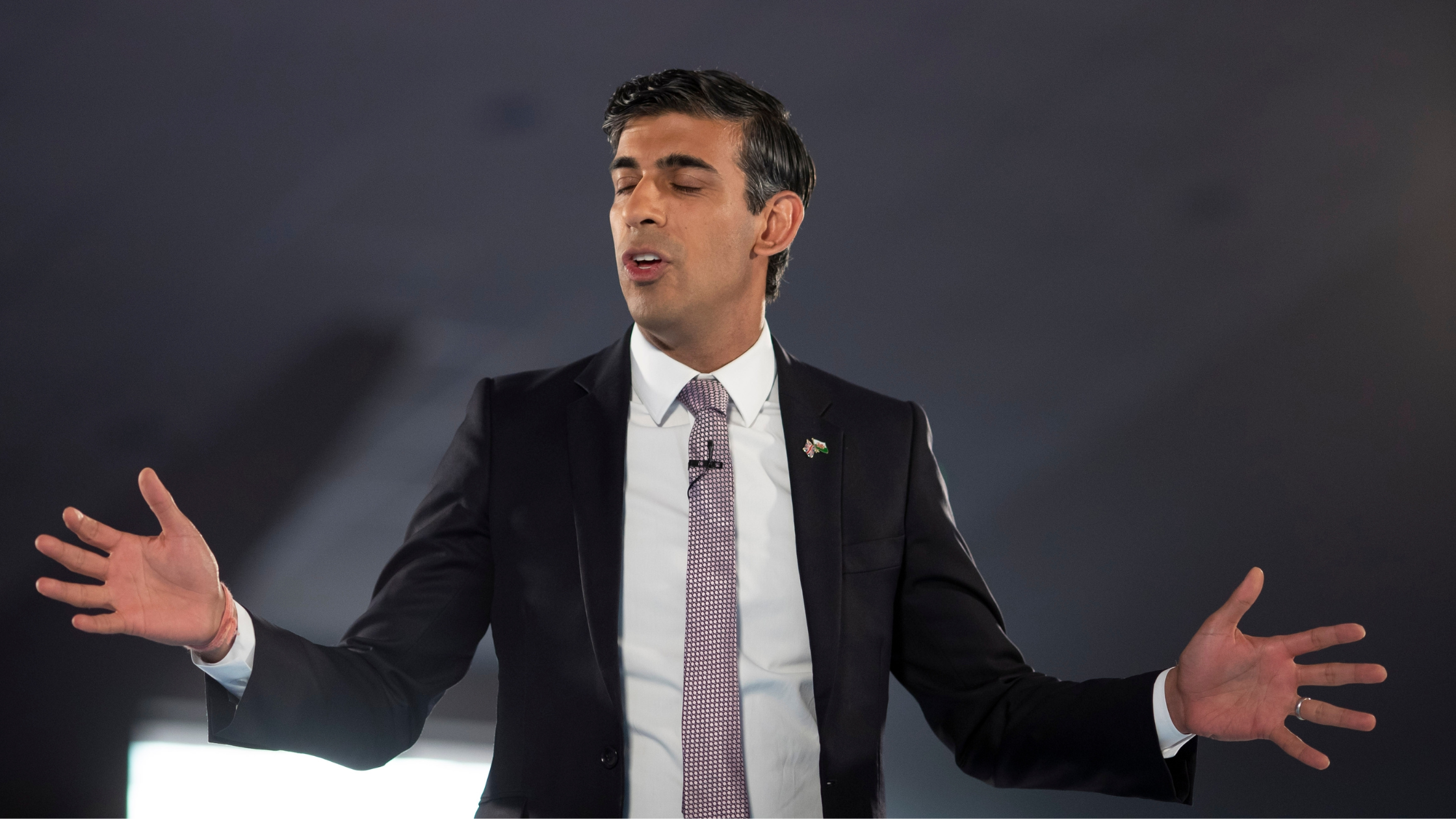Cross-Sector Trade Group UK Music Outlines Key Priorities for AI Regulation
Cross-sector trade group UK Music has highlighted its key priorities for the regulation of artificial intelligence (AI) as the British government gears up to host the AI Safety Summit at Bletchley Park. In a letter to Prime Minister Rishi Sunak, interim CEO of UK Music, Tom Kiehl, emphasizes the importance of consent and transparency in the music industry.
AI Safety Summit to Address Risks and Coordinated Action
The upcoming AI Safety Summit will bring together international governments, leading AI companies, civil society groups, and research experts. The aim is to evaluate the risks associated with the development of AI and explore ways to mitigate those risks through coordinated action on a global scale.
While the impact of AI on the music industry may not be a central focus of the Summit, Kiehl stresses that music and artists hold significant cultural influence over the public. Concerns range beyond economic and creative impacts, extending to the protection of democratic freedom, prevention of misinformation dissemination, and safeguarding consumers.
Request for Policy Solutions to Address the Regulatory Landscape for AI
Kiehl urges the Prime Minister to ensure that the outcomes of the summit and future discussions align with policy solutions that address the music industry’s concerns regarding the regulatory landscape for AI. While acknowledging the potential benefits and threats posed by AI, Kiehl emphasizes the urgency in addressing the immediate threat that generative AI poses to the creative industries and the livelihoods of industry members.
Protecting Copyright: A Top Priority for the Music Industry
One of the music industry’s primary concerns surrounding AI is the protection of copyright. The industry asserts that AI companies must obtain consent from copyright owners before training AI models using existing content. To guarantee this protection, the music industry calls for the prevention of any copyright exceptions introduced by lawmakers and recognized by courts that may undermine this obligation.
Kiehl argues that upholding copyright does not impede AI development, citing responsible AI developers within the music landscape who have demonstrated how mutual benefits can be achieved for both music and technology.
Additional Protection for Creators and Performers
Beyond copyright, Kiehl stresses the relevance of protecting the rights of creators and performers in instances involving generative AI. He highlights the necessity of safeguarding the personality, voice, and likeness of human creators through legal measures. Specifically, Kiehl targets the misuse of personality in deepfakes and similar manipulations.
Transparency: A Key Demand from UK Music
The music industry, represented by UK Music, emphasizes the importance of transparency in the use of AI. Kiehl asserts that AI companies should maintain detailed records of any copyright-protected works used to train their models. Additionally, AI-generated content should be clearly identified as such, ensuring transparency for consumers and copyright holders alike.
To read the full letter from UK Music to the Prime Minister, click here.
As the AI Safety Summit approaches, the music industry eagerly awaits outcomes that effectively address their concerns. Consent, transparency, upholding copyright, and additional protection for creators and performers are essential to ensure the industry’s sustainable growth and safeguard its cultural impact.

